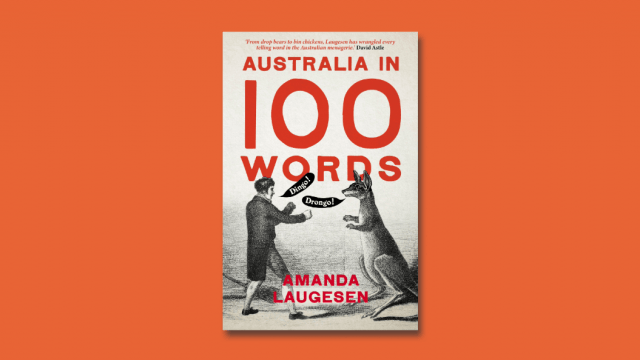
A new book, “Australia in 100 Words,” by Amanda Laugesen, Director of the Australian National Dictionary Centre (ANDC) has just hit the shelves. This unique work takes readers on a chronological journey through Australian history, using iconic Australianisms to paint a vivid picture of the nation’s cultural evolution.
From well-known terms like mateship, fair dinkum, and bogan to the quirky drop bears, budgie smugglers, and bin chickens, Laugesen explores the rich Australian language. It explores how these words have shaped and reflected Australian identity, while also highlighting the myths, stereotypes, and sometimes harsh realities they represent.
The book is a critical examination of the inequalities and historical contexts behind these words. With that the book also touches on the linguistic diversity that existed and the male-dominated archetypes prevalent in Australian English.
The book is available on https://newsouthbooks.com.au/books/australia-in-100-words/